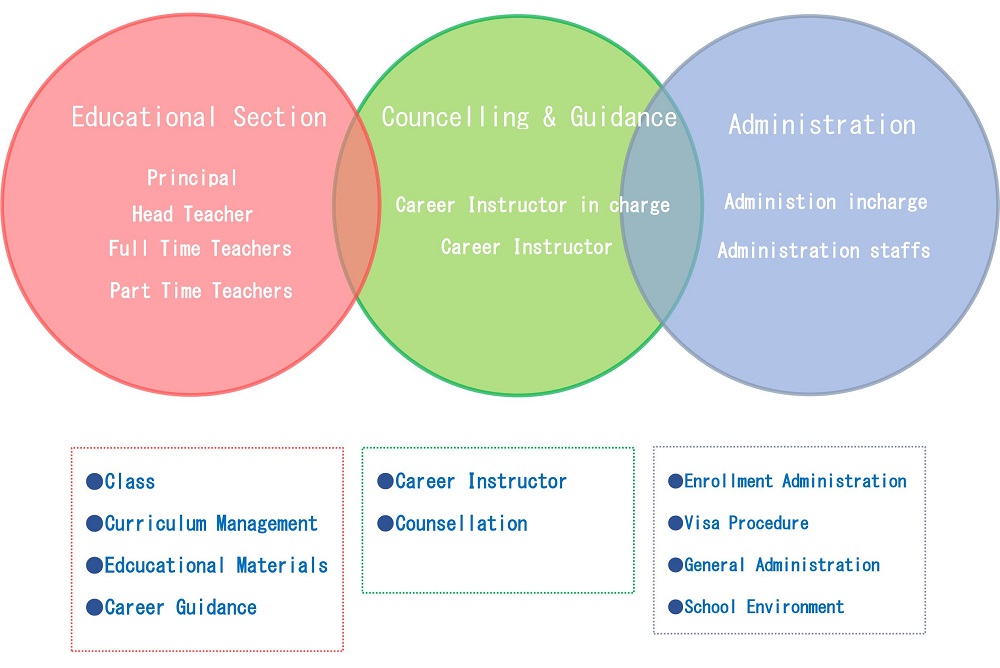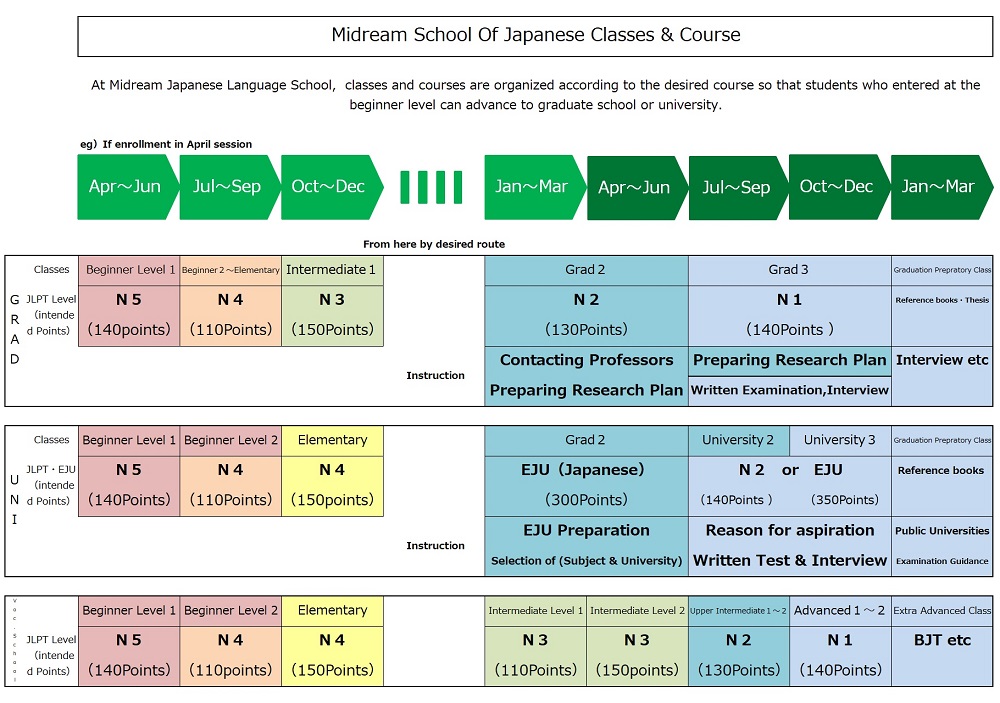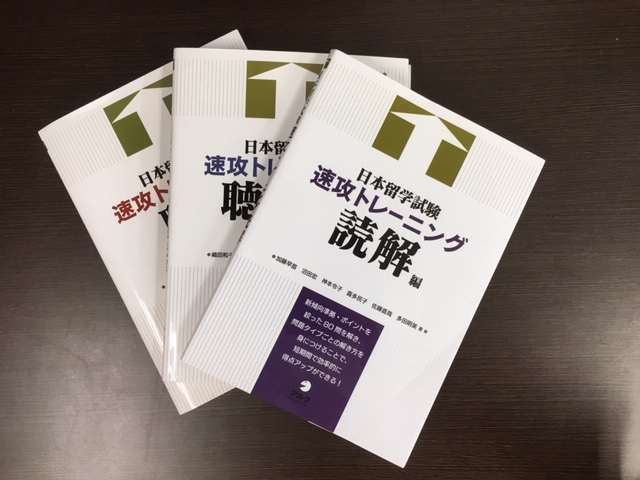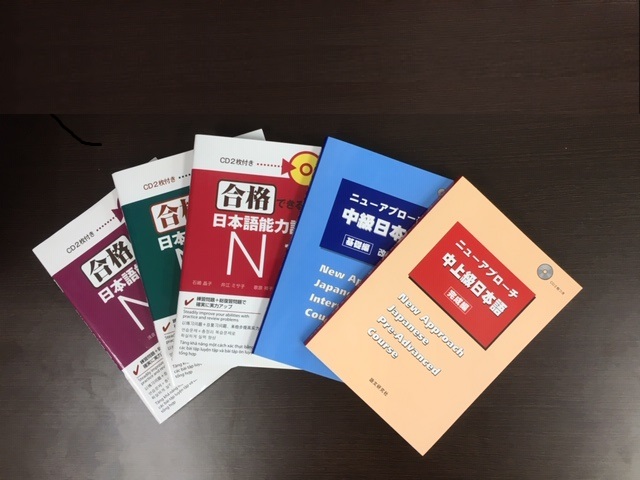Academic achievements
Teaching. Career Guidance Department. Administration
In the Career Guidance Department, career advisors from same country will do counsellation regarding "Career and life in Japan" from the time of enrollement and provide care for not only in study but also mentally.

In the Career Guidance Department, career advisors from same country will do counsellation regarding "Career and life in Japan" from the time of enrollement and provide care for not only in study but also mentally.

Curriculum & guidance
The first year of Language will highly nourish the basic Japanese Language.
In second year , classes are organized so that students can acquire Japanese Language skills and practical skills.
Highly learning effective are achieved by providing educational content that is specific to the desired course.
From 2nd year April to June exam preparations are conducted in classes.JLPT preparation classes are conducted for the University Class and also for Vocational College Class. EJU preparation classes for University Classes.

In second year , classes are organized so that students can acquire Japanese Language skills and practical skills.
Highly learning effective are achieved by providing educational content that is specific to the desired course.
From 2nd year April to June exam preparations are conducted in classes.JLPT preparation classes are conducted for the University Class and also for Vocational College Class. EJU preparation classes for University Classes.

| Beginner'S to intermediate teaching materials | Graduate class teaching materials |
University Class teaching materials |
Vocational school class teaching materials |
Midream Quest
Midream School not only work hard for the admission in good universities but also for the future employement.
Midream Quest not only teaches to be independent, self-reliance and self-help but also teaches about the necessary manners for living in Japan and also guides, encourage and motivate to achieve the desired goals.
Midream Quest not only teaches to be independent, self-reliance and self-help but also teaches about the necessary manners for living in Japan and also guides, encourage and motivate to achieve the desired goals.




